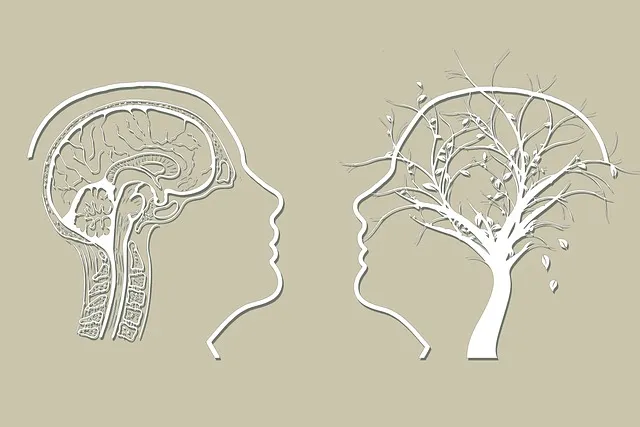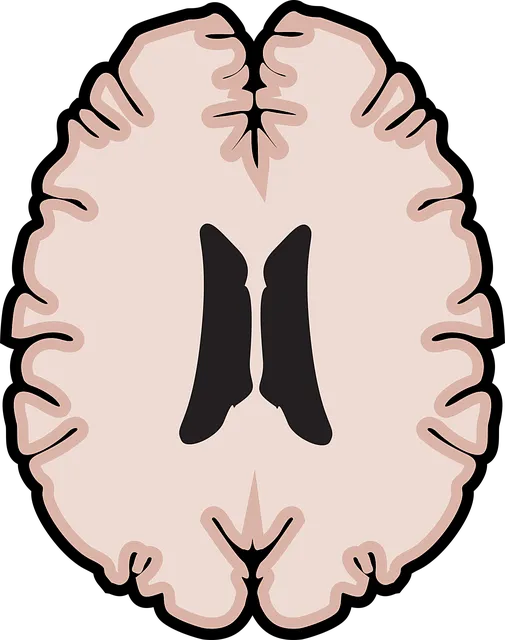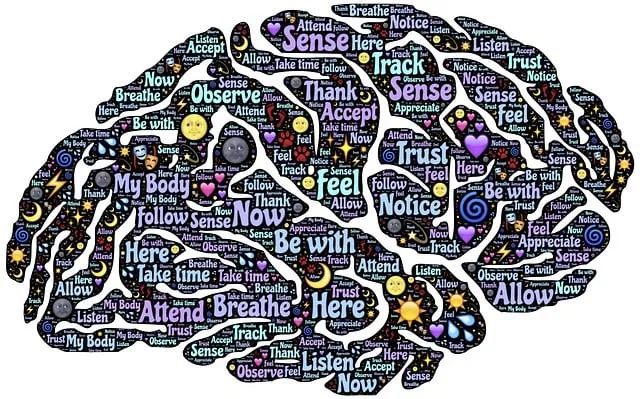Mental illness diagnosis in Highlands Ranch benefits from Kaiser Permanente's comprehensive approach, combining advanced therapies, cultural competency training, and technology integration. Their services aim to improve accuracy, address individual needs, and reduce stigma through holistic care, education, and community support. Kaiser's strategies, including AI-assisted diagnostics and public awareness campaigns, contribute to reliable diagnoses and better mental health outcomes in the area.
Mental illness diagnosis accuracy is a critical aspect of patient care, with significant implications for treatment outcomes. This article explores current challenges in diagnosing mental health conditions and highlights innovative efforts aimed at improvement. We delve into strategies employed by organizations like Kaiser Permanente in Highlands Ranch, focusing on their unique approaches to enhancing diagnostic accuracy. Additionally, we examine evidence-based practices, the role of technology, and community support as integral components of a holistic diagnosis process.
- Understanding Mental Illness Diagnosis: Current Challenges and Gaps
- Kaiser Permanente's Approach to Enhancing Diagnostic Accuracy
- Evidence-Based Strategies for Improving Diagnosis Reliability
- Integrating Technology: Digital Tools for Diagnosticians
- Community Support and Education: A Holistic View for Better Diagnosis
Understanding Mental Illness Diagnosis: Current Challenges and Gaps

Mental illness diagnosis is a complex process fraught with challenges and gaps that impact treatment effectiveness. Despite advancements in mental health research, the diversity of symptoms, overlapping presentations, and individual differences among patients create significant hurdles for healthcare providers. This complexity is further compounded by cultural and social factors that influence how mental illnesses are expressed and perceived, especially in communities like Highlands Ranch where access to services, such as those offered by Kaiser, plays a crucial role in diagnosis accuracy.
The current landscape highlights the need for more nuanced approaches to understanding and diagnosing mental illness. For instance, the development of coping skills and building resilience among individuals can aid in self-assessment and communication with healthcare providers. Additionally, training programs aimed at enhancing the cultural competency of healthcare providers are essential. These initiatives, coupled with improved access to services like those provided by Kaiser in Highlands Ranch, have the potential to bridge gaps, ensuring more accurate diagnoses and personalized treatment plans.
Kaiser Permanente's Approach to Enhancing Diagnostic Accuracy

Kaiser Permanente, a renowned healthcare provider, has made significant strides in enhancing the accuracy of mental illness diagnoses. Their comprehensive approach in Highlands Ranch focuses on integrating various therapeutic modalities to offer patients an extensive range of services tailored to their unique needs. By combining evidence-based practices such as Cognitive Behavioral Therapy (CBT), Dialectical Behavior Therapy (DBT), and Mental Wellness Coaching Programs Development, Kaiser aims to improve not only diagnostic accuracy but also patient outcomes.
The organization prioritizes the Emotional Healing Processes by fostering a supportive environment where individuals can explore and resolve underlying conflicts through advanced Conflict Resolution Techniques. This multi-faceted strategy ensures that patients receive holistic care, addressing both their mental health concerns and promoting overall Mental Wellness Coaching Programs Development. Such an inclusive approach not only enhances diagnostic accuracy but also empowers individuals to lead fulfilling lives.
Evidence-Based Strategies for Improving Diagnosis Reliability

Improving mental illness diagnosis reliability is a multifaceted effort that leverages evidence-based strategies. One key approach is integrating advanced assessment tools and techniques, such as structured clinical interviews and standardized measurement scales, into clinical practices. These methods ensure consistent and thorough evaluations, reducing subjective biases and increasing diagnostic accuracy. For instance, Kaiser offers comprehensive mental health services in Highlands Ranch, utilizing these tools to provide reliable diagnoses.
Additionally, public awareness campaigns development plays a crucial role by educating both healthcare professionals and the general public about mental health conditions. Promoting empathy building strategies among care providers can significantly enhance patient interactions, leading to more precise and compassionate diagnoses. Depression prevention initiatives, specifically tailored for communities like Highlands Ranch, also contribute to early identification and treatment, thereby improving overall diagnostic reliability.
Integrating Technology: Digital Tools for Diagnosticians

In the quest for enhancing mental illness diagnosis accuracy, technology integration emerges as a powerful ally. Digital tools offer diagnosticians an array of benefits, revolutionizing the way mental health services are delivered in places like Highlands Ranch, where Kaiser renowned for its comprehensive care. For instance, innovative platforms facilitate access to extensive databases and research materials, empowering professionals with up-to-date knowledge on various disorders.
Moreover, these technologies enable advanced data analysis and personalized assessment tools. Features such as AI-assisted diagnostic aids, digital questionnaires, and virtual reality simulations contribute to a more nuanced understanding of patients’ conditions. This integration aligns perfectly with the Mental Wellness Podcast Series Production and Mind Over Matter Principles, promoting awareness and evidence-based practices. Similarly, advocates for Mental Health Policy Analysis and Advocacy can leverage these tools to push for improved healthcare systems that prioritize accurate diagnoses and effective treatment strategies.
Community Support and Education: A Holistic View for Better Diagnosis

In the holistic approach to mental health care, community support and education play a pivotal role in improving diagnosis accuracy. Organizations like Kaiser, offering mental health services in Highlands Ranch, are not just healthcare providers but also catalysts for change. They facilitate Social Skills Training, empowering individuals to navigate social interactions with confidence, thereby enhancing emotional regulation. This multi-faceted strategy goes beyond treating symptoms; it equips people with Self-Care Routine Development tools, enabling them to proactively manage their mental well-being.
By fostering an environment where knowledge and support are readily accessible, communities can reduce the stigma surrounding mental illness. Educated individuals are better equipped to recognize signs in themselves or others, leading to earlier interventions. This proactive approach not only improves diagnosis accuracy but also enhances overall mental health outcomes, making communities stronger and more resilient.
Mental illness diagnosis accuracy is a multifaceted issue that requires a holistic approach. By understanding the current challenges, adopting evidence-based strategies, and integrating innovative technology, such as digital tools, healthcare providers like Kaiser Permanente in Highlands Ranch can enhance diagnostic reliability. Community support and education play a pivotal role in fostering a more inclusive and supportive environment. Through these combined efforts, we can ensure better outcomes for individuals seeking mental health services, ultimately improving the overall well-being of our communities.






